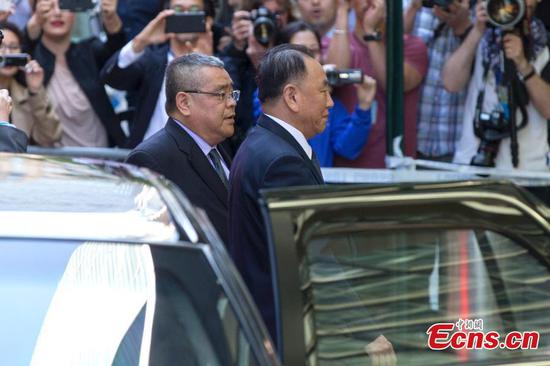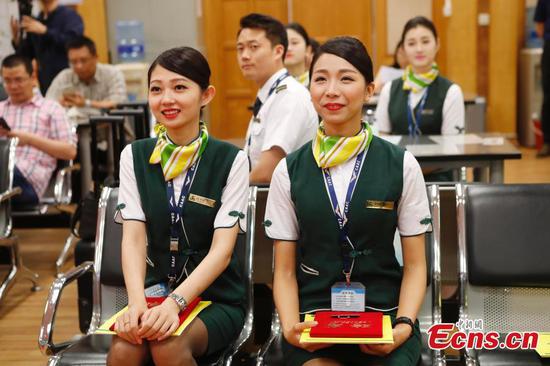China's ascension on to the global financial stage continues as index-provider MSCI Inc included Chinese mainland-traded Chinese equities or A-shares.
Starting Friday, MSCI will add 234 Chinese A-share companies to its indices, including the MSCI Emerging Markets Index, which has about $1.5 trillion in assets benchmarked to it. Asset managers, pension funds, insurers and individual investors hold passive investments like an exchange-traded fund or mutual fund that track an MSCI index like emerging markets.
Bin Shi, head of China equities at UBS Asset Management, said MSCI's inclusion of A-shares confirms China's economic reform progress.
"Up to now, we feel that many global investors haven't fully recognized this fact," he said. "Now that inclusion has happened, investors will realize how far programs like the Shanghai and Shenzhen Stock Connects have gone to integrate
China's on-shore markets with the global financial "system."
When MSCI announced it would add the Chinese shares a year ago, it triggered a rally in'Chinese blue chips. Sherwood Zhang, portfolio manager of the Matthews China Dividend Fund, said that recent market history indicates that when the emerging market index adds new countries, it actually underperforms.
"Pakistan is a good example, with the index underperform-ing when the country was
added," Zhang explained. "The reason is that active investors typically start investing in the market before passive investors, who are driven more by the benchmark.
"When inflows from passive investors start to enter the market, valuations begin
to rise and fundamental investors often start to take profits. However, there is one difference when it comes to A-share inclusion, in that there will be a phased-in approach and so the passive inflows might be more gradual."
"The fear of a US-China trade war might affect global investors' sentiment towards China, but this is unlikely to impact MSCI's decision," Zhang said.
Brendan Ahern, chief investment officer of Krane Funds "Advisors, noted that the stocks being added have the largest sector weight in financial, industrial, consumer staples and consumer discretionary sectors.
"It is important for investors to recognize that MSCI is adding only a small weight to these 234 companies, though it will grow to be an additional 17 percent more exposure to China upon full inclusion," Ahern said.
"This will raise China's weight in MSCI Emerging Markets from 30 percent to over 40 percent. I expect the inclusion process to take between three to five years."
UBS' Shi said the MSCI inclusion is likely to spur more reforms in China.
"China's government is committed to further reforms, as shown by recent news on opening up the financial sector to foreign investors, increasing daily trading quotas on the Stock Connects, and potentially extending the Stock Connect program to London," Shi said.
"As China opens further, we expect A-shares to account for a larger share of global benchmarks in the future," he added.


















































